The primary purpose of aquarium filtration is to keep the aquarium water clean and free of harmful waste products. Discus fish like clean water that is free of contaminants. The term nitrification is used to describe the biological activity of bacteria consuming waste products. Ammonia is given off by the fish and food in the aquarium. Ammonia is harmful to tropical fish. Discus fish are very sensitive to ammonia. In the aquarium filter specialized bacteria consume ammonia as a food source. These bacteria are called nitrosomonas bacteria. They oxidize ammonia and the by product is nitrite, a toxic substance which can harm your discus fish. However a second type of specialized bacteria consume nitrite. They are called nitro bacteria. The end product is nitrate, which is not nearly as as toxic as nitrite, but does cause developmental problems in fish. Nitrates are removed by water changes. Plants consume nitrates. The efficiency of an aquarium filter is determined by the type filter media provided to colonize these nitrifying bacterial and the flow rate. Any filter used on a discus fish aquarium should provide a suitable media for these bacteria to colonize. It is sold as biological filter media. The most common biological media products are sold for use in canister filters. Some is sintered glass, some is lava rock. They all have two things in common. They are inert and very porous, allowing a large colony of filter bacteria to colonize them.
It takes several weeks for these bacteria to multiply and establish a colony in the biological media. There are products on the market to speed up this process of cycling the filter. Most discus breeders use air driven sponge filters as they are economical, very porous, efficient and work on a central air system. Active bio media should be cleaned only in aquarium water periodically as the chlorine in tap water can kill the bacteria. Cleaning a filter too frequently will disrupt the nitrifying bacteria. In a properly functioning aquarium filter, ammonia and nitrites should not appear in aquarium water testing. Nitrates will appear. This indicates the nitrifying bacteria are doing their job. Some tap water supplies contain nitrates. It is a good idea run a nitrate test on your tap water. If you live near farming or industrial areas, and use well water, the level of nitrates in your water may surprise you. Nitrate specific filters are readily available to remove nitrates from the water if needed. Discus fish do not thrive well in water with high levels of nitrates.
Regular water changes are necessary to remove nitrates and impurities from the aquarium water. High nitrate levels or a falling ph indicate the discus fish aquarium is in need of more frequent water changes. With a properly functioning biological filter, the average discus aquarium will do fine with regular water changes of 40%. Large daily water changes are often needed when medicating a tank, growing out small fry, overfeeding, having a high stocking density or when ammonia, nitrite or nitrate levels are high. It can be dangerous to neglect water changes over a long period of time and suddenly do a very large volume water change. Several smaller changes is easier on the discus. Discus thrive in clean water. Discus aquaria require regular water changes but will do fine on a regular schedule that does not take the fun out of it. There are several products designed to make aquarium water changes easy. The most popular is the Python No Spill®Water Changer. This device attaches to any sink for easy aquarium water changes.
Discus are sensitive to the slightest detection of ammonia and nitrite. Keep levels at zero by doing weekly water changes. Removing detritus, and minimizing pocket areas where waste can build will keep levels low. Keep nitrates as low as possible too, (Discus can tolerate levels under 20ppm) although zero would be ideal. Keep a test kit on hand at all times.
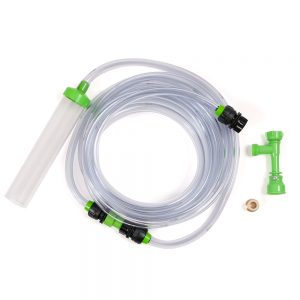
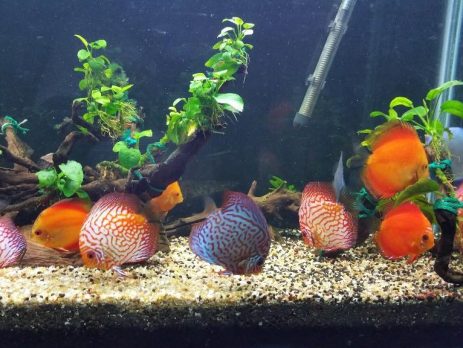

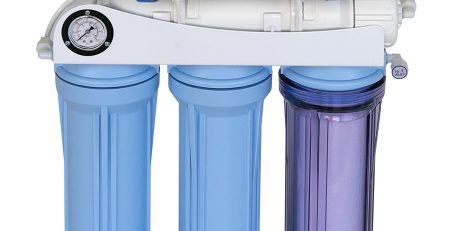
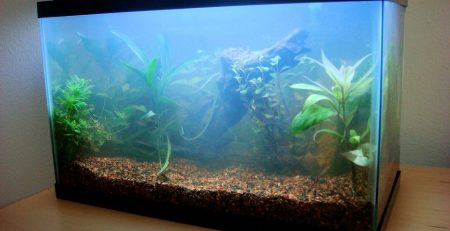
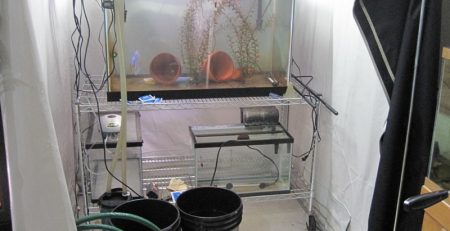

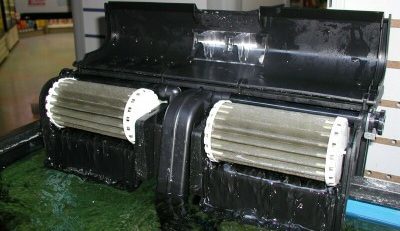
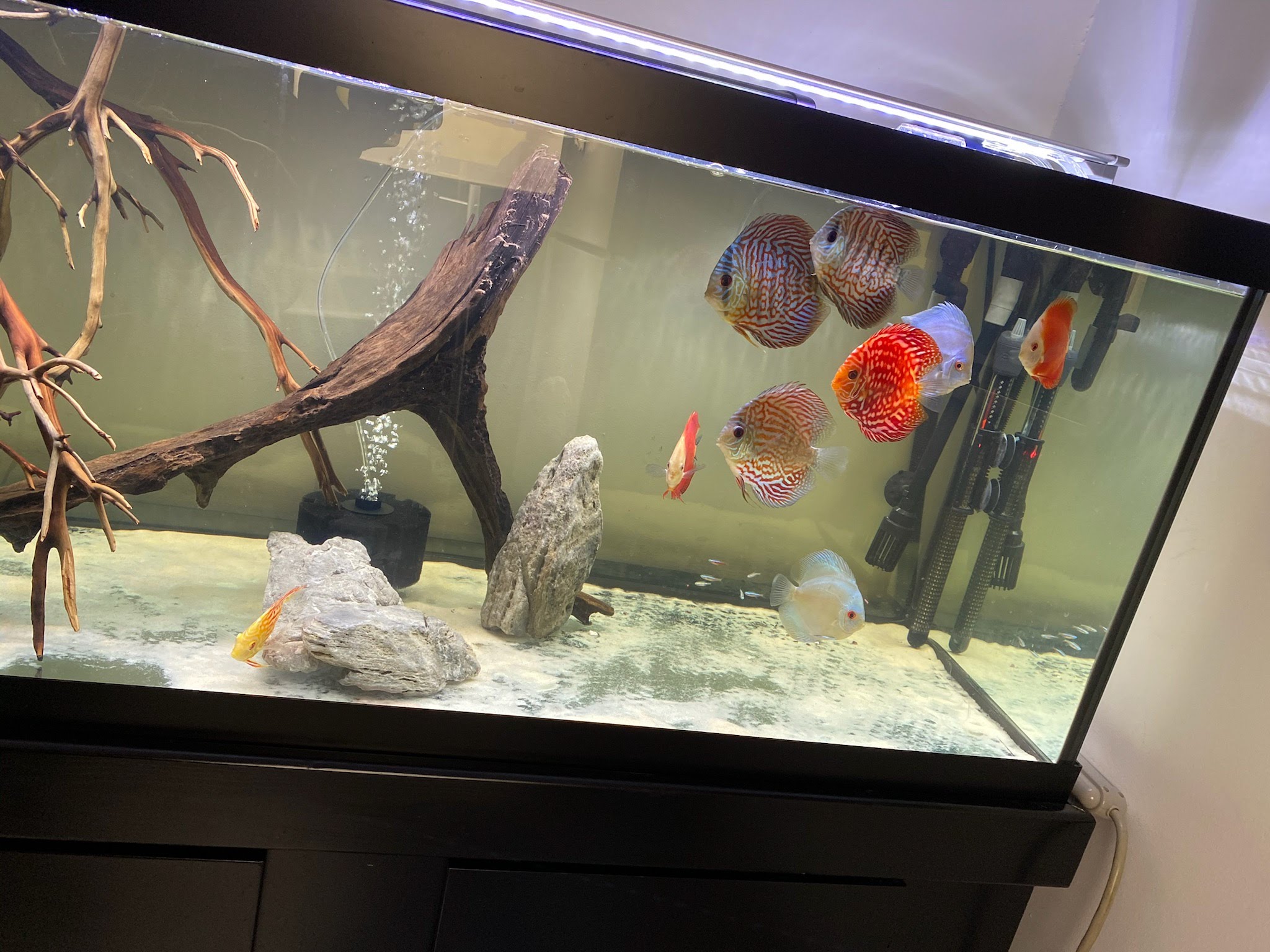
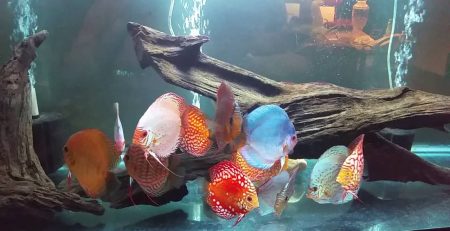
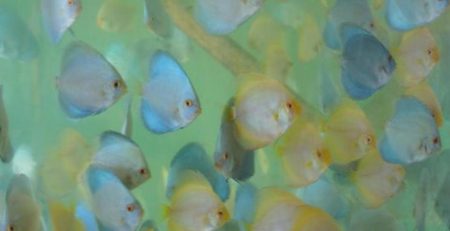
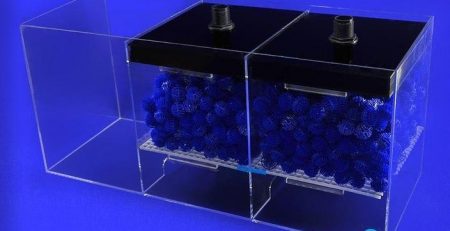
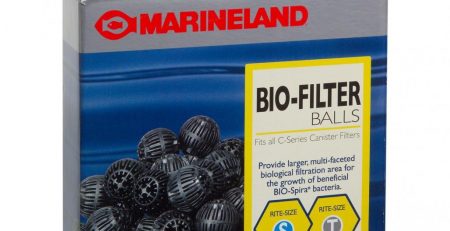
Leave a Reply
You must be logged in to post a comment.